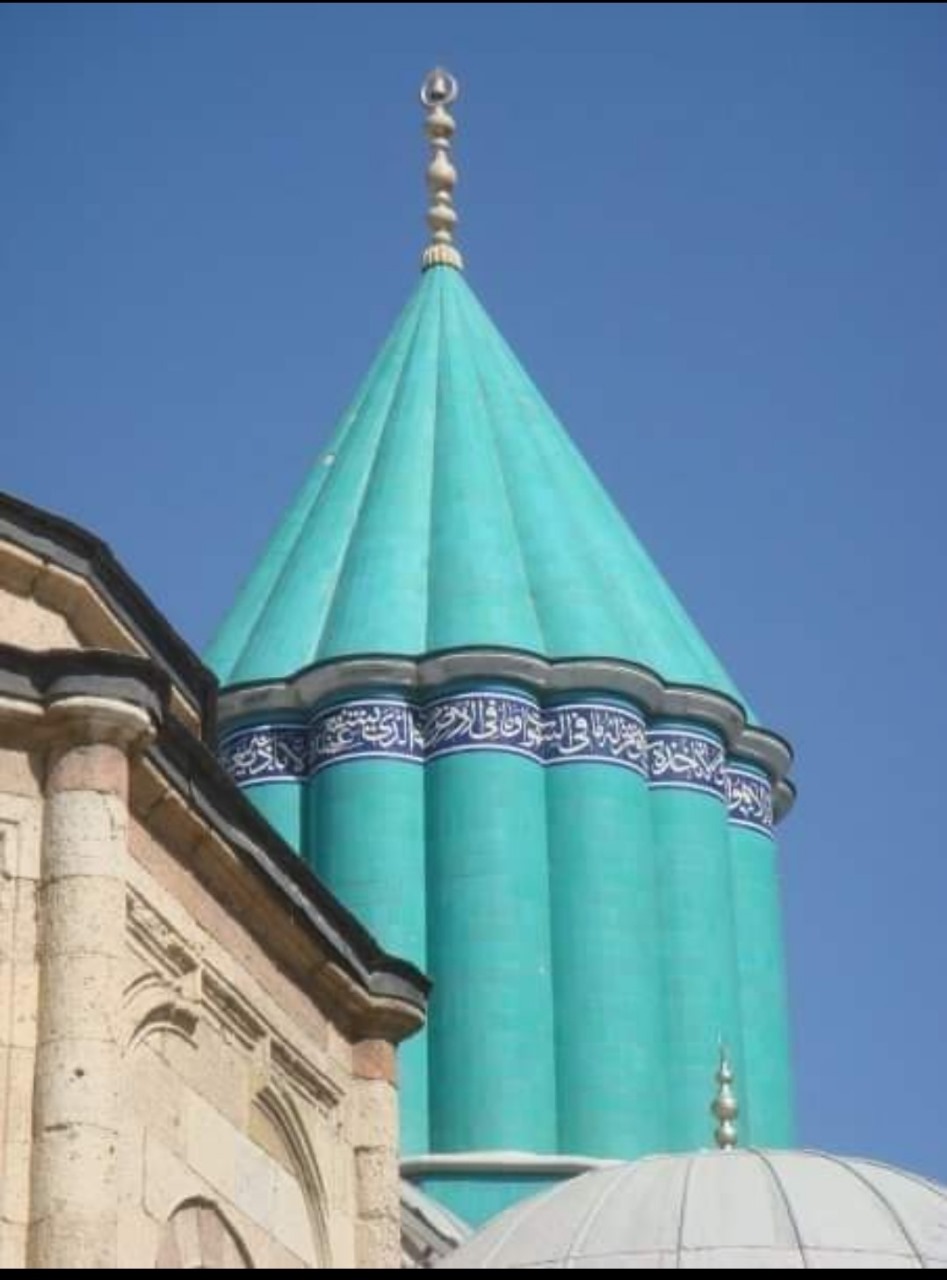Harut and Marut – The Fallen Angels
Harut And Marut were proud of their piety and wanted to rule the world…
People are like Harut and Marut angels notorious,
Their pride hath them hit but by arrows poisonous.
Proud they’ve been of their piety forever
Wonder a cow trusting a lion for a favor?
The cow may think of 100 ways of overcoming a lion;
Ultimately, it shall be torn apart in 100 pieces by the lion.
Grow as many horns as a skunk has needles,
The lion has to kill the cow, nevertheless.
Though the storm has struck off many trees, strong
It shows compassion for tiny grass over the ground.
The weakness of grass has been pitied by storm,
O heart! Do not boast of your strength any long.
The axe is not afraid of how strong the tree trunk.
It cuts it off in many pieces; none calls it a stunt.
Why an axe on a leaf would try its might?
When against something hard, you may taste its bite.
Why should a fire worry about burning a heap of hay?
Butcher, seeing 100 sheep in a herd, doesn’t run away.
Before the face Itself humbled is all interpretation.
The sky is a closed vault because of its cognition.
Imagine the pulley on a well hanging there alone.
It turns and turns, reflecting on the power of reason (1)
The working of this body is that of a shield.
The secret inherent in the soul inherent may not yield,
These winds move with the Divine Order, indeed.
The rise and fall in breathing, inhaling and exhalation
Is but the lustful soul; what else could be the reason?
The spirit transforms breath into vast “jeem” or “dall” tight (2)
Sometimes, resolving to agree or tempting to fight.
Sometimes, it moves to the right, or to the left, it may turn.
Lo! It is becoming a blissful garden; Nay! a pricking thorn.
Similarly, God turned water for Pharaoh into fearsome blood (3)
As changing wind into a ferocious dragon for the people of Aad (4)
Turned, He hath for believers, the same wind,
In ‘Ghazwa Ahzab’ cause for treaty and peace of mind.
For Allah Shaykh Al Akbar Ibn Arabi hath recognized (5)
The Rabb al Alameen: “Cherisher and Sustainer of the worlds.”
All spheres of the world, everything that skies hold tight,
Are like straws in a running ocean before His Might.
All motion of straw in attack or dance inside water
due to the water because of its flowing current, halter
After much struggle, He wants it to rest in peace,
So, throw it off to shore for its comfort and ease.
Again, ‘tis brought back amidst wildest waves,
Who shall treat it like fire leaves no trace?

A window to Mathnavi Maulvi Ma’nvi
Translation and Commentary Seema Arif
Further Links for Rumi
Notes
1) Reason is the use of human intelligence in a logical way. Its task is to reduce complex problems into simple solutions. Making a pulley is a human craft; it wonders at human genius by revolving round and round. While the skies are Divine art, they are bowed in humility before their Creator.
(2) “jeem” and “daal” are letters of the Persian alphabet. Breathing is greatly affected by the whirling of emotion because it shows the same surge, rise, and fall as there is between human faith and hope to gain or to lose. So sometimes it gains and elates like “jeem” and sometimes loses and constricts like “daal,” all is evident in our breathing style; it is an involuntary function, thus more in control of the spirit than the human mind.
(3) (Rumi quotes Qu’ran: (41: 15-16). Now the ‘Aad behaved arrogantly through the land, against (all) truth and reason, and said: “Who is superior to us in strength?” What! Did they not see that Allah, Who created them, was superior to them in strength? But they continued to reject Our Signs! So We sent against them a furious Wind through days of disaster, that We might give them a taste of a Penalty of humiliation in this life; but the Penalty of a Hereafter will be more humiliating still: and they will find no help.
(4) The last sign that Allah had shown to Pharaoh and the people of Israel was that of blood: The Nile water was changed into blood. When Moses and his people drank the water, it was ordinary for them. However, if any Egyptian filled his cup with water, he discovered his cup full of blood. They hurried to Moses as usual, but as soon as everything returned to normal, they turned their backs on Allah
(5) Ibn Arabi believed greatly in the powers of Surah Fatiha, naming it “umm-al kitab.” He considered A-Fatiha a summary of Qu’ran. This Surah leads entry into Qu’ran both apparently and spiritually, and meaningfully. This reference also nullifies William C. Chittick’s idea that Ibn-Arabi has not influenced Rumi. Rumi may have not well agreed with Sadr-ud Din Qunawi’s interpretation of Ibn-Arabi, but Rumi himself seems to be quite assimilative of the Philosophy of Illumination, Ibn-Arabi’s idea of holy Ascension, Tanzih and Tasbih, and understanding and following the wisdom of Hazrat Muhammad (saw). Click for Detail
( Copyright 2024 ) Dr. Seema Arif All rights reserved.
All material on this page is Seema Arif’s original writing. Using it in any form of publication and print media without prior permission will be considered a violation of rights. When quoting research papers, proper referencing should be used.





